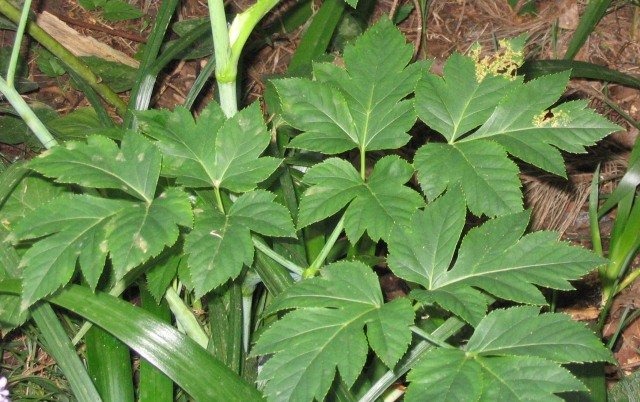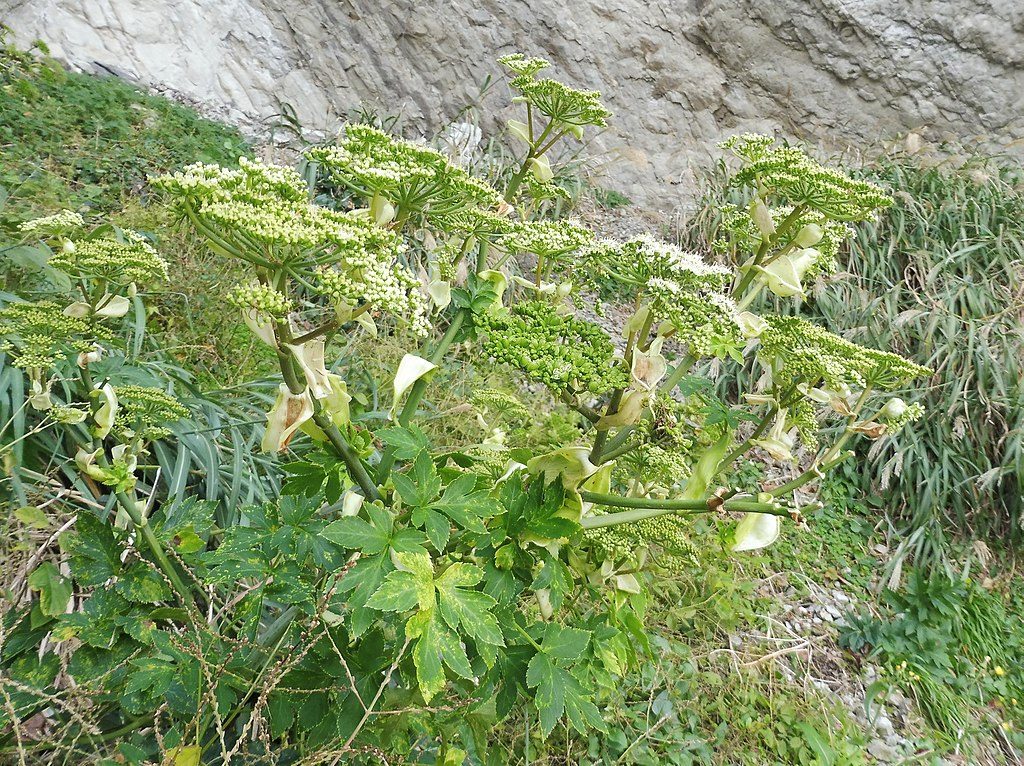Since the Edo period in Japan, people have been using a plant called Ashitaba for medicinal purposes. Ashitaba is said to lengthen the life of anyone who eats or drinks the plant because it contains a lot of nutrients and elements for the human body to become stronger and healthier.
Not only was it consumed by humans during that period, but it is also given to cattle as it enables the animal to last longer in the fields. The plant is also said to help cows produce high-quality milk.
Originally harvested only in Japan and traded to the Chinese during the Ming dynasty, Ashitaba is now widely cultivated in China, Indonesia, and other countries due to the plant’s high demand in the market.
In terms of its name, the Japanese word Ashitaba is translated into English as “tomorrow’s plant.” The name was given to the plant due to how it can quickly grow the next day after planting it.
Most people consume Ashitaba as tea, preferring it as an alternative for green tea since it can retain its distinct flavor and aroma for a longer time. Also, unlike green tea, which contains about 25 milligrams of caffeine per cup, Ashitaba doesn’t contain any caffeine, making it an excellent choice for those who want to drink tea without the side effects of caffeine.
While many are drinking Ashitaba because it is popularly known to promote a healthy lifestyle, most of them are unaware of the exact nutrients the plant truly provides for the body. There are hundreds of benefits of consuming Ashitaba, but here are some of the most popular and beneficial ones that you should know.
Provides Antioxidants for the Body
Ashitaba is known to contain antioxidants, which are essential to fight free radicals in the body. While they are sometimes naturally formed inside the body, free radicals that have come from external sources like pollution or radiation can damage cell membranes, causing irregularities in a cell’s growth that will eventually lead to cancer.
With the help of antioxidants, the body will be able to destroy these free radicals, thus maintaining proper cell growth. Antioxidants can also slow down aging since they prevent cells from deteriorating quickly.
Moreover, these antioxidants also protect your DNA from weakening due to exposure to free radicals. If one’s DNA is already exposed to free radicals, the antioxidants can still help hasten the DNA’s repairing process. The weakening of DNA in your body is one of the causes for plenty of diseases like cancer, glaucoma, and arthritis.
Helps Reduce Weight
For those who are on a diet or exercising to lose weight, Ashitaba can help you produce results faster thanks to the glycoside contained within the plant. Sugar is an essential element in your body, as it produces the energy needed for you to move or do actions in life. However, your body’s need for sugar can also increase your appetite for sweets like cakes or chocolates, which are not suitable for those who are on a diet since these kinds of food can increase weight.
The glycoside in Ashitaba acts as an alternative for sugar that helps further reduce your appetite for sweets.
Also, Ashitaba has the ability to lower blood sugar, which is why it is often used to maintain the sugar levels of people with diabetes.
Strengthens your Heart
Along with helping cells in the body grow properly, it can also boost heart cells to increase their HDL production. HDL, popularly known as the good cholesterol, is a lipoprotein that reduces bad cholesterol (LDL) and triglycerides that can usually cause the increase of plaque buildup in the heart’s arteries.
Too much plaque in your heart can lead to atherosclerosis, a disease wherein the plaque buildup raptures and produce blood clots that can block the passage of blood cells in your arteries. These blockages are the leading cause of heart attacks and other heart diseases.
Heals Several Skin Illnesses
Besides being eaten or drank, Ashitaba can also be applied to the skin to treat skin infections and wounds. The sap produced by the stems of the plant is usually collected and turned into an ointment that can then be spread on wounds, insect bites, or boils to make them heal quicker.
Interestingly, during the Edo period, the ointment produced from the Ashitaba was used to cure and stop the spread of smallpox in Japan. It was so effective in curing the disease that Kaibara Ekken, a Japanese botanist and philosopher, described the plant as a “powerful tonic drug” in his text Yamato honzō or “Medicinal Herbs of Japan.”
Fortifies the Immune and Nervous Systems
Ashitaba contains Vitamin B12 that is essential to strengthen your body’s nervous and immune systems.
The vitamin can help prevent diseases with the help of antioxidants also found in Ashitaba. Vitamin B12 also improves one’s concentration and focus on doing activities because it enhances the growth of cells in the nerves. Nerve cell growth is naturally made by the Nerve Growth Factor (NGF), and Vitamin B12 can assist the NGF by improving its functions in the nervous system.
Most edible plants don’t have Vitamin B12, as it is typically found in meat, seafood, and eggs, which is why Ashitaba serves as a great source of the vitamin for vegetarians.
Drinking at least one cup of Ashitaba tea a day is enough to provide your body with nutrients to fight harmful elements and prevent them from spreading. For better results, consuming Ashitaba should be accompanied by a healthy diet and regular exercise.


